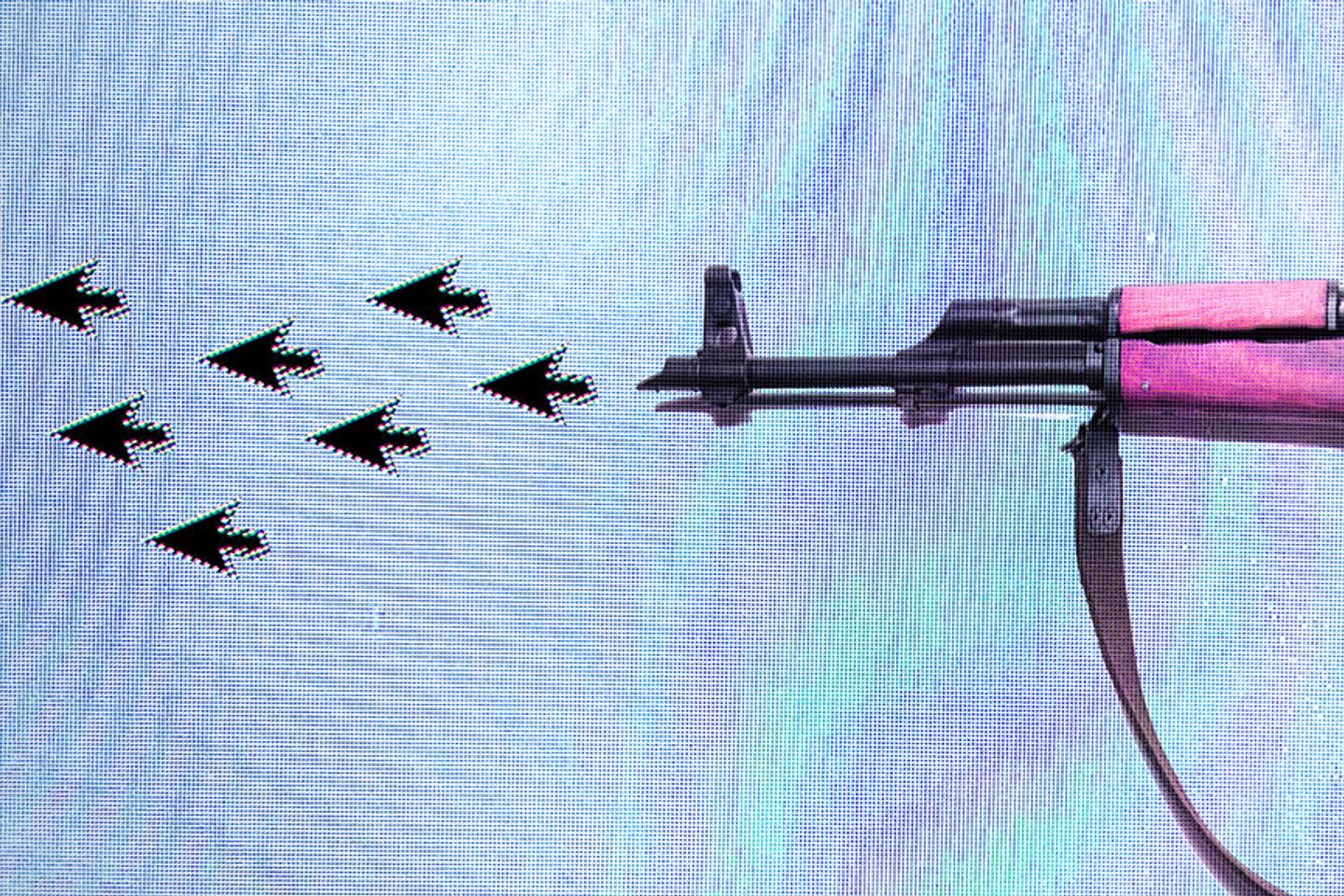


On Tuesday, April 29, for the first time ever, French authorities condemned the Russian military intelligence service, implicating it in a series of incidents over recent years: hacking Emmanuel Macron's 2017 presidential election campaign, a 2015 cyberattack on the television channel TV5 Monde and intrusion attempts against sporting bodies linked to the organization of the 2024 Paris Olympic Games.
"The Russian military intelligence service (GRU) has, for several years, been deploying a cyberoffensive modus operandi, called APT28, against France," wrote Jean-Noël Barrot, the French foreign minister, in a message on X. "It has targeted some 10 French entities since 2021."
While French authorities' accusations directed against Russian operators are not new, this statement represents the first time that an internal attribution process has led to a public statement that directly calls out the responsibility of another country's intelligence service. Above all, this represents a diplomatic signal, sent at a time when Paris seeks to take the lead on Europe's efforts to support Ukraine, which comes at the cost of sparking ongoing tensions with Russia. "These destabilizing activities are unacceptable and unworthy of a permanent member of the United Nations Security Council. They are also contrary to the United Nations norms of responsible state behavior in cyberspace, to which Russia has agreed," said the Foreign Affairs Ministry in a statement.
Moreover, French authorities also revealed the name and location of a GRU unit that contributes to APT28. This unit's existence, although known to some experts, had never been publicly mentioned before: Unit 20728, which is based in the southern Russian city of Rostov-on-Don and operates from the "166th Information Research Center." For France, this served as a way to demonstrate its own intelligence capabilities and its intentions toward Russian hackers.
Strengthened attribution capacity
You have 62.66% of this article left to read. The rest is for subscribers only.
